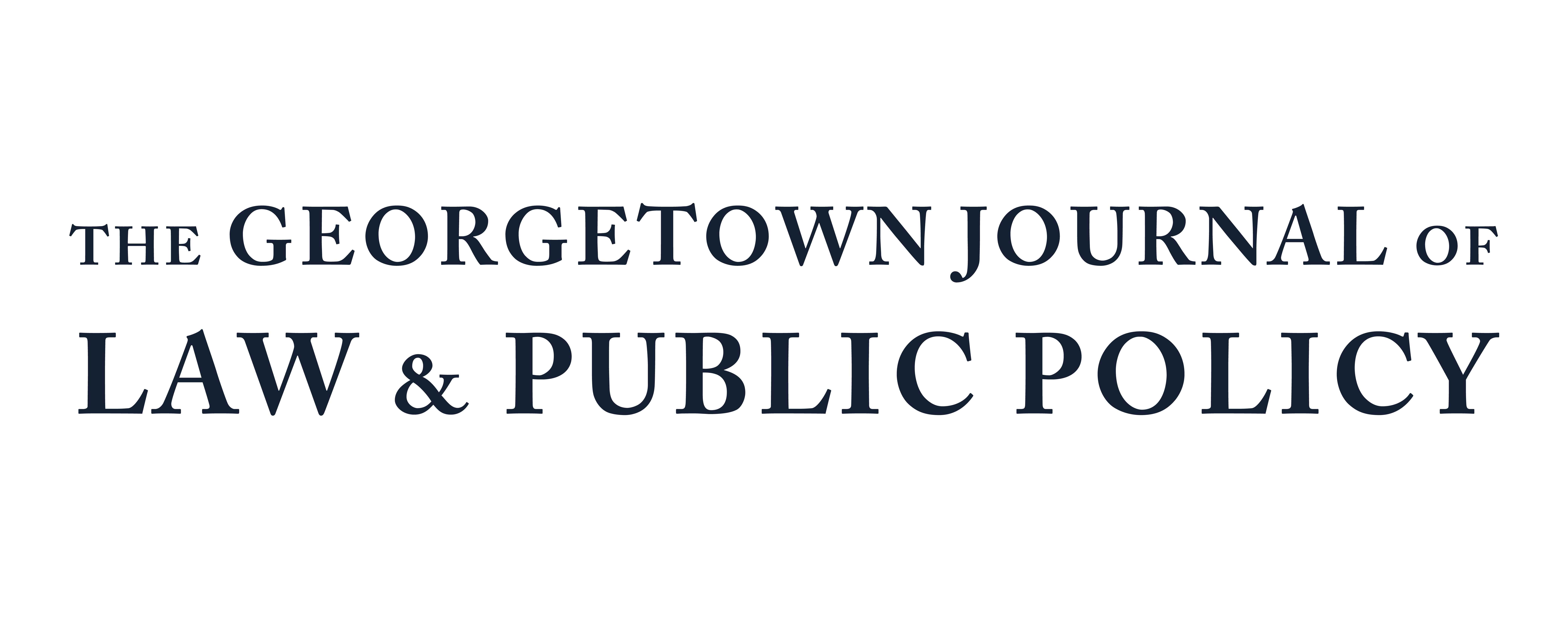Freedom of Speech and the Common Law: A Contrarian Perspective
The proper scope of freedom of speech is a perennial controversy in the United States. Why? Perhaps it is because of the way the debate is framed, which is usually as follows:
The First Amendment to the United States Constitution states that “Congress shall make no law …abridging the freedom of speech, or of the press . . . .” But everyone knows that the word “no” cannot be taken literally in this con-text. For doing so would mean that individuals could falsely shout “Fire” in a crowded theater and cause a panic, or make an incendiary speech to a hungry crowd urging it to burst into the nearby house of a grain dealer and kill him, or utter fighting words designed to provoke an immediate violent response, or commit fraud, or publish obscene materials with no redeeming social value, or publish the private intimate details of another’s life, or falsely accuse others of despicable sexual practices. Because unregulated speech poses many dangers and can do much harm, the government must step in somewhere to prevent the most dangerous and harmful speech. The debate is over where to draw the line. Should it be only when the speech poses a clear and present danger of se-rious harm? Only when it can result in physical harm? Why not serious psychic harm? On which side of the line is speech that tends to undermine democratic government, or hateful speech that has a disproportionately damaging impact on members of socially subordinated groups, or disinformation that tends to undermine support for necessary public health measures? Advocates stake out positions at various points along the spectrum from greater to lesser restrictions on speech and offer principled arguments as to why they have identified the proper place to draw the line.
What’s wrong with this way of addressing the issue? Perhaps it is not so much what is being asserted as what is being overlooked.
This approach assumes that the only alternative to a world in which the govern-ment imposes necessary restrictions on speech is one in which there are no restrictions on speech—that legislation is required to avoid the harms of com-pletely unregulated speech. But this is a clear example of a false dilemma. For in Anglo-American law, there is a powerful non-legislative regulatory force at work: the common law. Speech, like all human conduct, is limited by civil liability—by the law of tort, contract, and property.
Continue reading Freedom of Speech and the Common Law: A Contrarian Perspective

